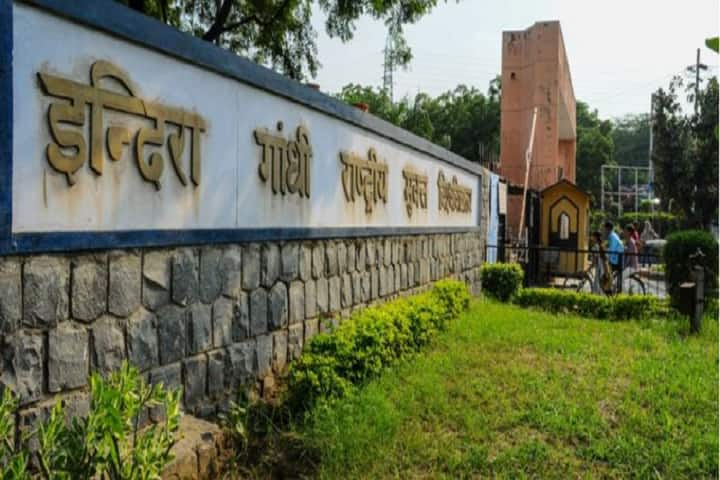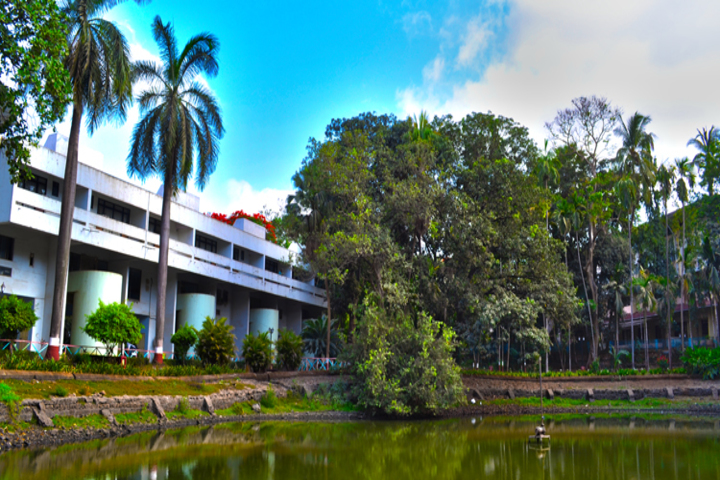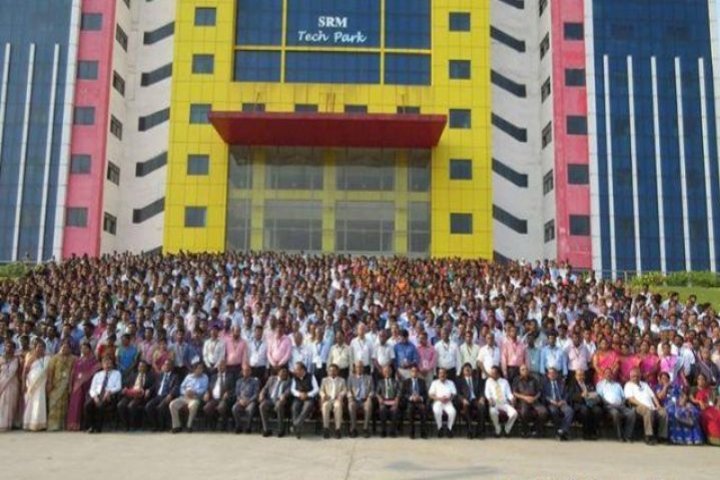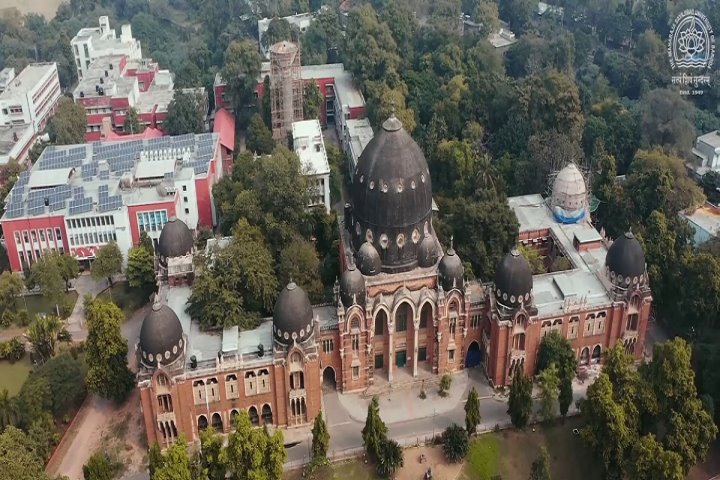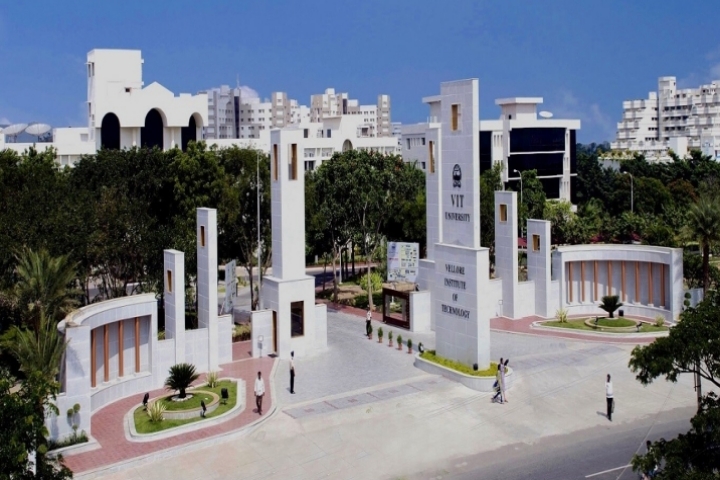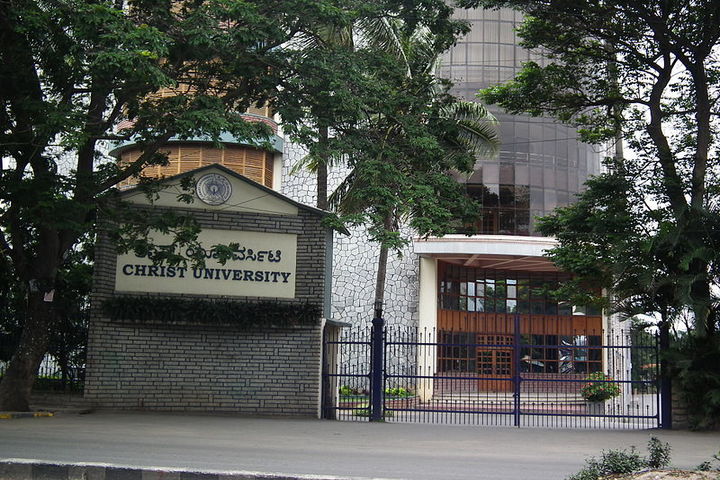
Pilot Training Course Details - Fees, Subjects, Syllabus, Duration, Eligibility, Career Scope
Degrees offered: BS, B.A., B.E /B.Tech, B.Sc.(Hons), Diploma
What is Pilot Training
Pilot Training courses provide individuals with the skills necessary to operate an aircraft effectively and safely. There are four main licenses that candidates can pursue to become a pilot. The pilot training is a blend of classroom instructions, simulator training, and actual flight experience under the guidance of certified flight instructors.
The Directorate General of Civil Aviation (DGCA) is the prime body that governs the licences and written tests of Pilot Training. To be eligible, candidates are also required to pass a specific written test and have a proper medical certificate. During the course, students get to learn about various aviation theories, aircraft systems, navigation, regulations, and emergency procedures.
Candidates after completing the course can opt for various career options such as Pilot, Private Jet Pilot, Commercial Pilot, or Air Ambulance Pilot. The top recruiters for Pilots are IndiGo, Vistara, GoAir, the National Flying Training Institute (NFTI), and the Indian Air Force (IAF). The average salary of a Pilot in India is Rs. 35.6 LPA depending on the company.
Pilot Training Course Highlights
| Particulars | Values |
|---|---|
Branch Name | Pilot Training |
License | Student Pilot License (SPL), Private Pilot License (PPL), Commercial Pilot License (CPL), Airline Transport Pilot License (ATPL) |
Eligibility | Student Pilot License (SPL): The candidate must be at least 16 years old and should have a valid medical certificate. Private Pilot License (PPL): Candidate must be at least 17 years old and should have at least 40 hours of practical flying experience Commercial Pilot License (CPL): Candidate must be at least 18 years old and should have at least 200 hours of total flight time. |
Admission Process | Merit and Entrance examination |
Entrance Exam | AME CET (Set by DGCA) or Institute specific |
Job profiles | Pilot, Private Jet Pilot, Commercial Pilot, Charter Pilot, Flight Instructor, Cargo Pilot or Air Ambulance Pilot |
Average Salary | Rs. 35.6 LPA |
Recruiting Companies | IndiGo, SpiceJet, Air India, Vistara, GoAir, National Flying Training Institute (NFTI), Indian Aviation Academy (IAA), Indian Air Force (IAF), Airport Authority of India (AAI) and Bureau of Civil Aviation Security (BCAS) |
Specialisation or Similar Ones
There are some similar degrees to Pilot Training at the undergraduate and postgraduate levels. These degrees differ from pilot training based on their focus and scope. These similar Degrees focus on providing students with a comprehensive understanding of theoretical knowledge and practical skills necessary for roles beyond piloting, including aerospace engineering, aviation management, and air traffic control.
MSc in Airport Management |
Top Pilot Training Colleges in India
Some institutions and colleges are renowned for their Pilot Training courses and licences. Some of these institutions and colleges are aviation specific only and hence provide candidates with a mix of theoretical and practical knowledge on Pilot Training. Below are some of the colleges that offer Pilot Training.
- Flytech Aviation, Hyderabad
- GATI, Odisha
- IGRUA, Uttar Pradesh
- Carver Aviation Academy, Maharashtra
- The Bombay Flying Club, Mumbai
Eligibility Criteria (UG & PG) of Pilot Training
There are specific eligibility criteria set by the institutions that offer Pilot Training courses. Students must ensure that they check the eligibility criteria of the desired institute before applying for admission. The common eligibility criteria for various licences of Pilot Training are as follows:
- Candidates must have qualified 10+2 in the science stream with a minimum score of 50 per cent marks.
- Mathematics and Physics are mandatory subjects for candidates who want to have a flying career.
- Candidates should be physically fit, with perfect vision in at least one eye, and a bank guarantee of Rs. 10,000.
- Interested candidates should also have a medical certificate.
Eligibility Criteria for Student Pilot License (SPL)
The candidates who want to apply for a Student Pilot License (SPL) have to follow specific eligibility criteria. The common eligibility criteria mentioned above should also be considered before applying for a Student Pilot License (SPL). Below are the specific requirements for a Student Pilot License (SPL).
- The candidate should have attained the age of 16 years.
- The candidate should have a minimum qualification of Class 10th passed.
Eligibility Criteria for Private Pilot Licence (PPL)
If the candidate wants to apply for a Private Pilot Licence (PPL), they need to keep a check on the common eligibility criteria as well as the specific eligibility criteria set by the institutions. Below is the list of some specific eligibility criteria that candidates should follow for a Private Pilot Licence (PPL).
- Students applying for the PPL must be a minimum of 17 years of age.
- Candidates should have at least 40 hours of practical flying experience.
- They must appear or pass their 10th standard.
Eligibility Criteria for Commercial Pilot Licence (CPL)
The candidates, to apply for a Commercial Pilot Licence (CPL), have to ensure that they fall under the common as well as specific eligibility criteria for Commercial Pilot Licence (CPL). This eligibility criterion is set by the institutions and colleges that offer Commercial Pilot Licence (CPL).
- Candidates must be at least 18 years old
- Candidates should be appearing or passing his/ her 12th with Physics, Chemistry, and Mathematics (PCM) from any recognised board.
- Candidates should have at least 200 hours of total flight time.
- Applicants must have also passed a minimum of 2 medical tests as per DGCA.
Top Entrance Exam for Pilot Training
To successfully apply for Pilot Training licences, candidates must appear for an entrance examination. There are various entrance examinations for pilot training, these exams are institute-specific. Students who are searching for the top institutes of CPL in India can attempt the entrance Test of AME CET.
| Exam Name | Conducting Body | Exam Syllabus |
|---|---|---|
DGCA |
College Predictors VIEW ALL
Scope of Pilot Training in India and Abroad
The aviation industry is booming as air travel has become cheaper and a lot more convenient. Thus, it is a huge employment sector for pilot training professionals. There are lots of career opportunities available for youth. Piloting is one of the highest-paying jobs because of its complex and vigorous nature.
Commercial airlines like IndiGo, SpiceJet, and Vistara are constantly expanding their operations, creating opportunities for trained pilots. The scope of pilot training abroad is broad and offers various opportunities in different countries with diverse aviation industries. Countries like the United States, Canada, Australia, and the United Kingdom have well-established aviation sectors with a high demand for pilots.
Course Subjects
Pilot Training Syllabus for Private Pilot Licence (PPL)
The course of a Private Pilot License is of eight months duration. This syllabus includes comprehensive theoretical subjects along with hands-on simulator experience. Below is the list of subjects being taught in PPL mentioned by the DGCA.
Fundamentals of Flight | Check to Ride Preparation |
Soft/short field takeoff & Landings | Pilotage and Dead Reckoning |
Traffic Patterns | Recovery from Unusual Flight Attitudes |
Discovering Aviation | Radio Communications, Navigation, Systems/Facilities, and Radar Services |
Aerodynamic principles, The power plan,t and Related Systems | Flight Operations |
Emergency Procedures | The Flight Planning Process |
Take off and landings | - |
Pilot Training Syllabus for Commercial Pilot Licence (CPL)
The syllabus for the licenses is commonly created by the official body, the Directorate General of Civil Aviation (DGCA). The Commercial Pilot License course requires 80 hours for academic sessions on the ground and 200 hours for flying. There are three stages of training: Ground Training, Simulator Training, and Flying Training.
Subjects Taught | |
Air Regulations | Aviation Meteorology |
Air Navigation | Technical General |
Radio Telephony | Technical Specific |
Careers in Pilot Training
A career in pilot training is attractive due to the high remuneration, opportunities for travel, and the societal status it confers. There are various career opportunities available to a candidate after getting a licence for Pilot Training. Mentioned in the table below are the career options in the field of Pilot Training.
Airline Pilot: Airline Pilots are responsible for safely operating aircraft, including commercial airliners, private jets, helicopters or other types of aircraft. They are responsible for checking pre-flights, navigating during flight, and ensuring the safety of passengers and crew.
Private Jet Pilot: A private jet pilot is responsible for flying corporate or privately-owned aircraft used for business or personal travel. He or She is also responsible for ensuring that passengers have a comfortable and efficient travel experience.
Commercial Pilot: Commercial pilot works for public or private airlines and is responsible for flying scheduled passenger flights. He or She has to adhere to flight schedules and collaborate with cabin crew and ground staff to facilitate smooth operations.
Charter Pilot: Charter pilot flies aircraft hired for specific flights by individuals or organisations. He or She is responsible for planning and executing flights along with ensuring the safety and comfort of passengers.
Flight Instructor: The flight instructor provides training to aspiring pilots. He or She teaches students the principles of flight, aircraft control, navigation, and emergency procedures through ground instruction and flight training sessions.
Cargo Pilot: Cargo pilot is responsible for operating aircraft dedicated to transporting freight and cargo. He or She is also responsible for loading and unloading cargo, planning flight routes, and adhering to cargo handling procedures.
Air Ambulance Pilot: An Air ambulance pilot is responsible for flying for medical evacuation or air ambulance flights. He or She is also responsible for transporting patients who require urgent medical care to hospitals or medical facilities.
Upcoming trends
Staying successful is not possible by only focusing on the current scenario, to stay relevant, companies are constantly pitching anticipatory ideas and views for the future of the aviation industry. Various possible trends will reshape the future of the airline market, some of the upcoming trends are:
- Flight Operation: Fleet Management
- Increase in Infrastructure Investment
- Innovation in Technology
- Data Science and Advanced Analytics
- Artificial Intelligence
Job Profiles and Top Recruiters
Pilot Training unlocks a door to a large number of opportunities for the candidates. Students after completing a course in Pilot Training can work for airlines, cargo companies, government agencies, Indian Armed Forces and Indian Navy, and aviation schools. Mentioned below are the top aviation companies.
Top Recruiters:
- Indian Airlines
- Spice Jet
- Air India
- Indigo
- Jet Airways
- Vistara
- National Flying Training Institute (NFTI)
- Indian Aviation Academy (IAA)
- Indian Air Force (IAF)
- Airport Authority of India (AAI)
- Bureau of Civil Aviation Security (BCAS)
Average Salary
The job of a pilot is full of risk and life-fearing circumstances, due to this, the remuneration is also higher than most other job profiles. The salary varies depending on the skills of the candidate, and the job profile applied by the candidate. In the table below, the average salary of some popular career options is mentioned.
| Job Profiles | Average Salary |
|---|---|
Pilot | Rs. 36.5 LPA |
Private Jet Pilot | Rs. 16 LPA |
Commercial Pilot | Rs. 24 LPA |
Charter Pilot | Rs. 20 LPA |
Flight Instructor | Rs. 3.8 LPA |
Cargo Pilot | Rs. 12 LPA |
Air Ambulance Pilot | Rs. 13 LPA |
Indian Airforce Pilot | Rs. 23.6 LPA |
Source: AmbitionBox
The salary figures mentioned anywhere in these articles are just for reference purposes. Please treat them as such. Actual salaries may vary depending on respective candidates, employer, job location, and numerous other factors.
Required Skillset for Pilot Training
The job of a pilot training professional is very exhausting and tough, they need to have certain skills to become a successful pilot. There are some skills that the candidates must have to become a successful pilot trainer.
- Aviation knowledge
- Physical fitness
- Hand-eye coordination
- Situational awareness
- Ability to work under pressure
- Creativity
- Analytical Skills
- Problem-Solving Skills
- Teamwork Skills
- Management Skills
- Leadership Ability
Course Curriculum for Pilot Training
Pilot training is a vocational course that combines both theoretical knowledge and practical experience to shape a skilled pilot. The curriculum includes three types of training, namely ground training, simulating training, and actual flying training. Ground Training is the study of theoretical aspects of flying.
Flying Training is the most important part of pilot training in which the candidate has to cover 200 hours of solo and dual flight time to obtain a CPL (Commercial Pilot License). The curriculum of pilot training is designed to form a disciplined and confident pilot who can fly specific aircraft for either the private or commercial sector.
Frequently Asked Questions (FAQs)
Question: What are some skills required by the candidates for Pilot Training?
Answer :
The career options in the field of Pilot Training are Creativity, Analytical Skills, Problem-Solving Skills, Teamwork Skills, and Leadership Skills.
Question: What is the average salary after a Pilot Training course?
Answer :
The average salary after a Pilot Training course depends on the location of the company, the experience and skills of the candidate, and the job profile applied by the candidate. The average salary of a Pilot is Rs. 35.6 LPA.
Question: What are the top recruiters in the field of Pilot Training?
Answer :
The top recruiters in the field of Pilot Training are Indian Airlines, Spice Jet, Air India, Indigo, Vistara, and Jet Airways.
Question: What are the career options in the field of Aviation?
Answer :
There are many career choices available for graduates such as Co-Pilot, Private Jet Pilot, Commercial Pilot, and Flight Instructor.
Question: What are the subjects taught in Pilot Training courses?
Answer :
The subjects taught in Pilot Training courses depend on the institute, but the general courses required for Pilot Training are Aviation Methodology, VOR Navigation, Basic Flight Instruments, and Approach and Landing.




